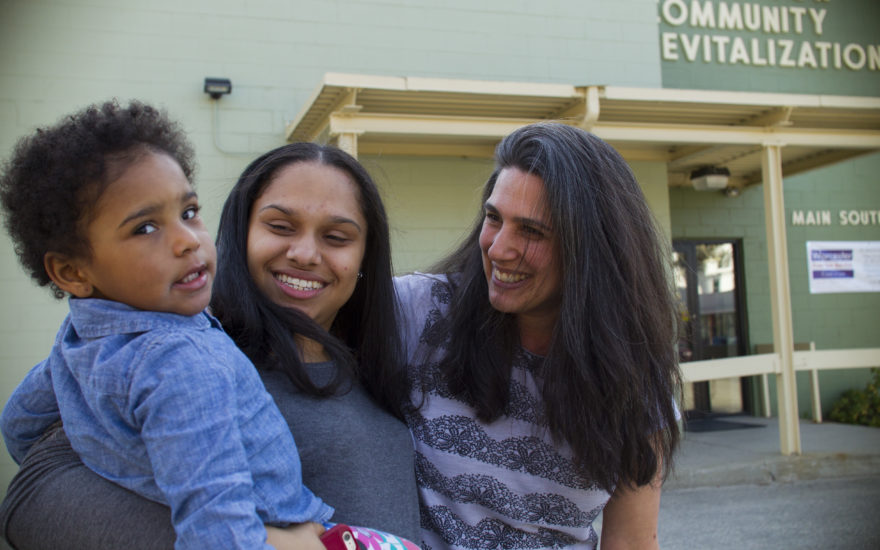Sustainability and Social Justice
Date
5-2025
Document Type
Thesis
Degree Name
Master of Science in Environmental Science and Policy (ES&P)
Department
Sustainability and Social Justice
Chief Instructor
Ravi Hanumantha, Ph.D.
Second Reader
Timothy Downs
Keywords
rainwater harvesting, Mexico City Metropolitan Area, system dynamics modeling
Abstract
Water scarcity is a growing concern in the Mexico City Metropolitan Area (MCMA) due to increasing population, rising demand, and over-extraction of groundwater. Rainwater harvesting (RWH) presents a potential supplementary water source to reduce reliance on municipal supplies and mitigate groundwater depletion. However, large-scale implementation faces challenges, including disparities in water access, infrastructure limitations, and the impacts of climate change. This study estimates the potential of RWH in MCMA using system dynamics modeling, incorporating population growth projections, storage capacities of 2,500L, 5,000L, and 10,000L per household, and climate change scenarios SSP2-4.5 and SSP5-8.5 to analyze future precipitation variability. Results indicate that as population grows, RWH potential increases due to larger rooftop areas available for rainwater capture. Water savings range from 11% to 29%, with higher efficiency observed during the wet season. However, significant disparities exist among marginalization zones (1–5), with more vulnerable communities facing greater difficulties in implementing RWH systems. Climate change projections reveal variations in future precipitation patterns, emphasizing the need for adaptive and integrated water management strategies.
Climate change projections reveal variations in future precipitation patterns, emphasizing the need for adaptive and integrated water management strategies. While RWH can help reduce municipal water demand and groundwater depletion, its success depends on policy alignment, infrastructure investment, and public engagement. Addressing water quality concerns, maintenance, and public acceptance is key to a large-scale adoption. Results suggest that RWH, when paired with supportive policies and infrastructure, enhances resilience and reduces municipal costs. RWH offers a promising strategy for urban water management in MCMA, its long-term and large-scale success for water-sustainability.
Recommended Citation
Salazar Guevara, Maria Elena, "Estimating Rainwater Harvesting Potential for Mexico City Metropolitan Area Using System Dynamic Modeling" (2025). Sustainability and Social Justice. 1.
https://commons.clarku.edu/graduate_idce/1
Included in
Environmental Design Commons, Environmental Engineering Commons, Social and Behavioral Sciences Commons, Urban, Community and Regional Planning Commons



